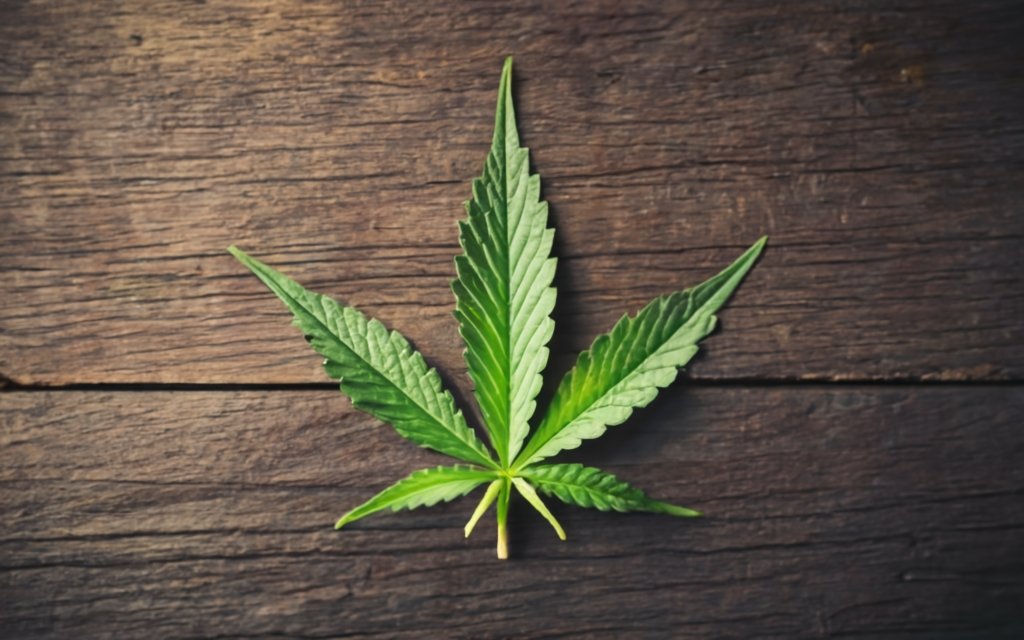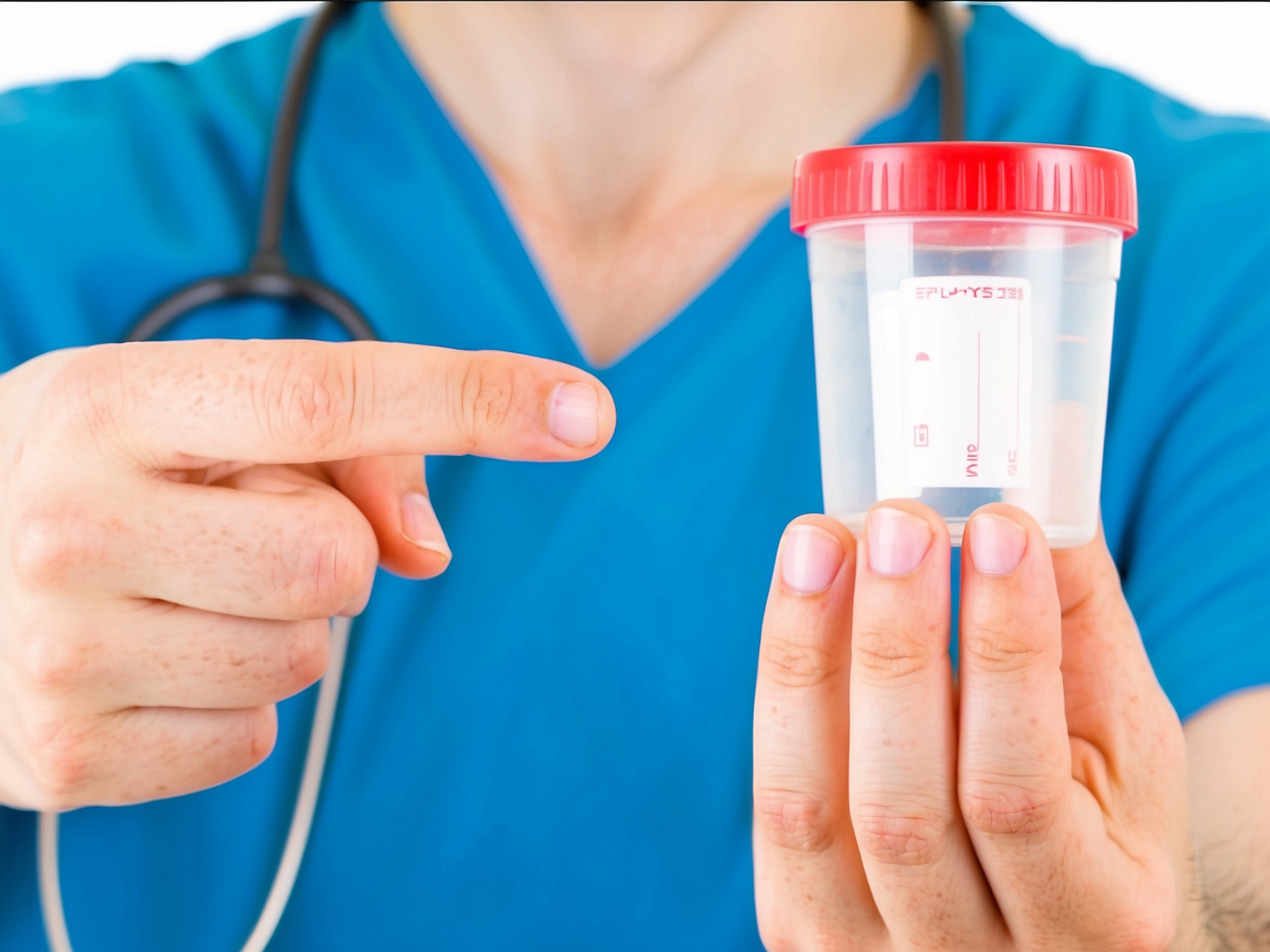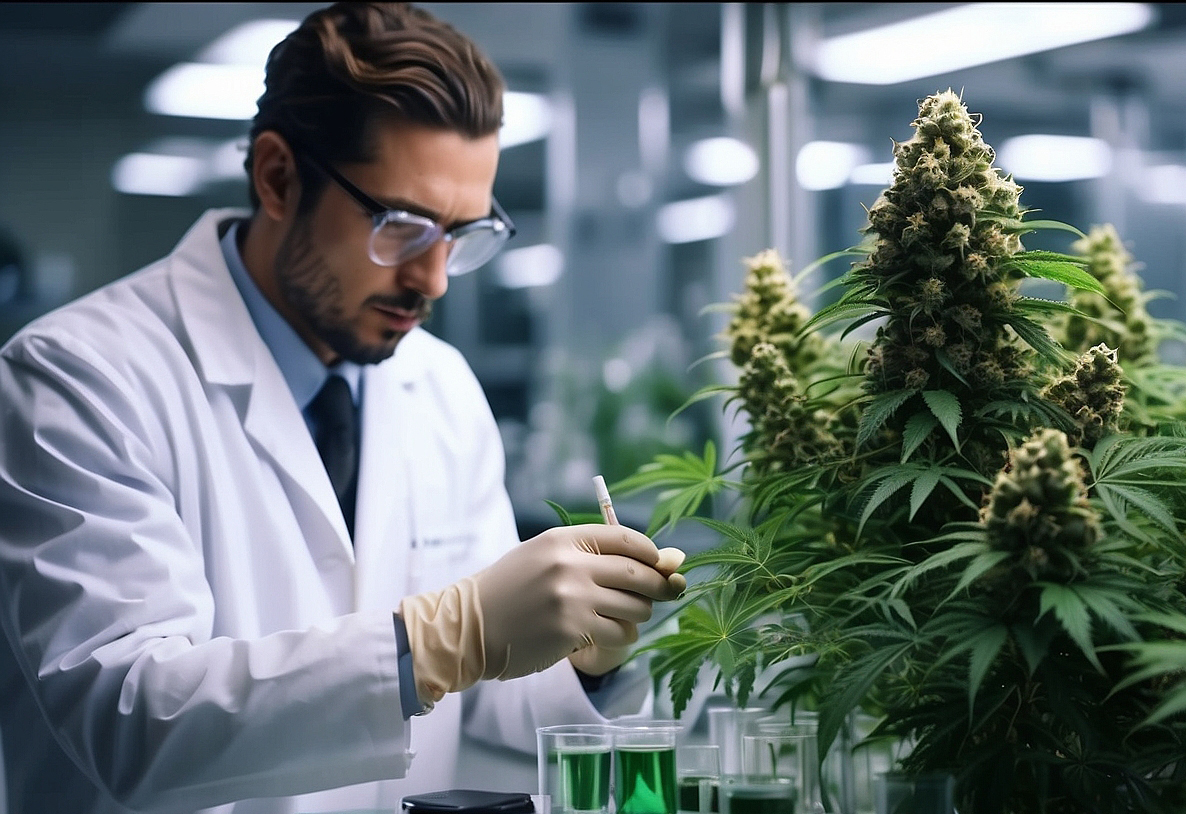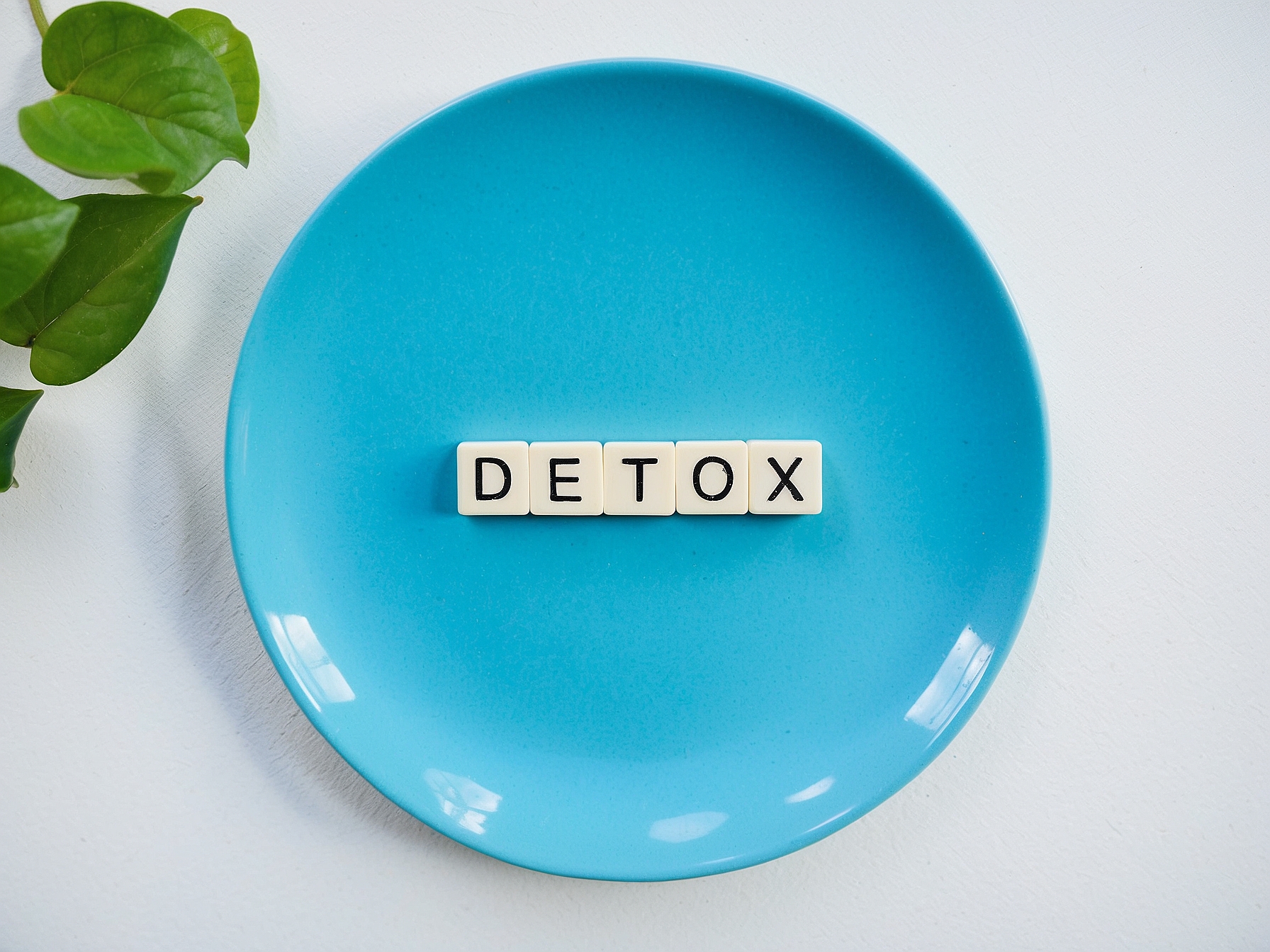How Long Does Delta 8 Stay in Your System? Find Out Now!


Key Takeaways
- The liver processes Delta 8 by oxidizing it into various metabolites, which are the ones that remain in the body after consumption.
- Delta 8 metabolites can remain in the body fat tissue for 2 to 7 days, depending on the person’s frequency of consumption, tolerance, metabolism, and other factors.
- D8 metabolites can be excreted in the urine for 3-5 days in infrequent users and up to a month in chronic users.
- Although the body eliminates D8 metabolites by itself, it’s possible to follow a few recommendations to accelerate the process such as exercising, increasing water intake, etc.
- It’s recommended to avoid consuming Delta 8 for up to a month before taking a drug test.
How Long Does Delta 8 Stay In Your System?
Delta 8 products have become increasingly popular among cannabis enthusiasts due to the several benefits they offer. First of all, D8 is an acceptable alternative to D9 since it provides an uplifting high without the adverse effects; thus, people can enjoy marijuana without the paranoia.
Besides, in the United States, D8 products are considered legal as per the latest regulations, but, while the farm bill authorized it, all of these products must contain less than 0.3% D9 THC to be considered legal.
Even though these products are legal (in some states), it doesn’t mean that they’re generally accepted, even the Food and Drug Administration hasn’t approved D8 THC products. This is particularly true for employers that request candidates to pass a drug test.
Thus, if you’re going to take a blood test, it’s advisable to ask how long does delta 8 stay in your body so that you don’t fail these tests.
First of all, it’s necessary to understand what happens in our system after we use delta 8. Once D8 enters the body, it is absorbed by your lungs and runs through your bloodstream until it reaches your brain and binds to CB1 receptors, which then causes you to feel the effects of a mild high.
D8 is then oxidized by the liver into numerous metabolites, which are the ones that remain in the body and may be detected by a delta 8 drug test.
When discussing how long these metabolites may remain in the system, it’s necessary to consider your frequency of use.
For infrequent users, delta 8 THC stay in the body for 2 to 5 days, whereas for frequent users it can stay up to 15 days [1], and, in chronic users, It can stay up to a month [2] or even up to three months [3].
Nonetheless, there are several factors that can affect how long does delta-8 stay in your system, such as the dose of consumption, the frequency of intake, and even your body mass index (BMI).
According to a study in pigs [4], THC eliminates slower from fat tissue, which led researchers to conclude that for people with a lower metabolic rate and higher BMI, D8 may stay longer in the system, even days after consumption.
How Long Does A 10 mg Edible Stay In Your System?
Since delta 8 gummies are one of the most common forms of D8 consumption, it is advisable to know if they will show up in a drug test.
It is well known that the lower the dose, the lesser effects it produces, as well as a slower onset and shorter duration of the effects [5]. But even though edibles may seem less potent than other products, the truth is that they can still be metabolized by your system and produce the metabolite that can be detected by a drug test.
In fact, TCH-COOH can remain detectable for up to 50 hours after consumption [6]. However, if the dosage is higher, it will take longer to be fully eliminated from your system.
In any case, make sure to consult your physician before use because, even though edibles may seem harmless, you still need to get approval from your doctor if you have any medical conditions that may affect your usage.
How Long Does D8 Stay In Urine?

It is worth noting that routine urine drug tests are aimed at the identification of the inactive metabolites of cannabinoids, and therefore most laboratory analyses just focus on detecting the free THC-COOH [7].
This means that even though you consume a delta 8 concentrate or any other similar product, the urine test will not detect D8 specifically but rather the delta-8 THC metabolites in your system.
To consider how long delta 8 will stay in the body and thus will show up in a urine test, it’s necessary to consider how often you use it.
It is well known by studies that D8 metabolites are excreted by urine, but the time varies depending on the frequency of use. For infrequent users the mean urinary excretion half-life may vary from 3 to 5 days [8].
For chronic users, it may take longer given that cannabinoids tend to be stored in body fat, with a mean excretion time of 27 days [9].
Therefore, if you’re a heavy user of Delta 8 or even marijuana, you can fail a drug test. It’s equally important to point out that this is the same for delta-9 THC, as the urine also detects the metabolites of this cannabinoid.
Does Delta 8 Stay In Your System Longer Than Other Substances?

When it comes to the consumption of cannabinoids, it is well established that a urine test can detect metabolites even one week after consumption [10].
As we already know, the cannabis plant contains a large number of cannabinoids, and they are used to produce the different products we currently have in the market.
D8-THC is a cannabinoid that is very similar to delta 9 THC, and the pathways for the most abundant metabolites are similar between them [11]. Therefore, it is estimated that both have a similarly long terminal half-life.
Thus, if you smoke a joint made with delta 8 flower or with a D9 variant, and you are a non-frequent user, you may expect the metabolites to stay in your system for up to 5 days.
But what happens with other substances? For example, in the case of HHC, its metabolism has yet to be investigated, but it is believed to have THC-like pharmacological properties [12].
Nonetheless, in a saliva test, HHC may not be detected if you have consumed exclusively HHC, such as through an HHC cart without THC or CBD.
In the case of THC-A, it also metabolizes as TCH-COOH, and it has been measured in a urine test even after 3 days of consumption [13]. Thus, it’s best to avoid smoking a THC-A blunt if you’re going to undergo a drug test for at least two weeks prior (or four weeks if you’re a heavy user).
Lastly, in the case of THC-P, it is known that it is more potent than THC [14], but its activity is similar to that of THC, so it can be inferred that if you smoke a THCP cartridge it may show up in a drug test.
As per the duration of the drug in the system, since all of these cannabinoids behave similarly, you may expect them to clear out of your system in at least 7 days if you are an infrequent user.
How to Clear Delta-8 From Your System?

If you have consumed a delta 8 pen or any other similar product and you want to get rid of it from your system it’s necessary to follow a few of our recommendations.
Keep in mind that based on the frequency of consumption, the duration of delta 8 in your system may vary. For example, if you are a heavy or chronic smoker, D8 will take longer to leave your system [15].
1. Exercise
Delta-8 stays in your system in the form of its metabolite TCH-COOH, and as we have mentioned before, cannabinoids are stored in the body, particularly in adipose tissue. Therefore, if you want to clear this substance from your system, you need to exercise [16].
By doing a moderate-intensity workout for 30–45 minutes, you can increase your metabolic rate, and burn fat cells and sweat, which can, together, help you get rid of the cannabinoids from your system and thus decrease the likelihood of the urine test to detect delta 8 THC.
2. Diet
It is commonly known that a healthy balanced diet with vitamins, minerals, fruits, vegetables, proteins, and other beneficial things can support your health and aid in detoxification processes.
Nonetheless, food deprivation or fasting does not seem to cause any significant difference when it comes to the release of fat-store cannabinoids [17]. So, abstain from using diet pills or following false detox diets.
3. Water
Staying hydrated is great for helping you clear the dose of delta 8 you have consumed. If you drink water, your body will eliminate it through urine and thus it can help you with detoxification.
Moreover, the consumption of water is thought to be related to a decrease in substance craving [18]. However, don’t drink too much water because it may become harmful.
4. Extended abstinence
Since delta 8 is primarily metabolized by the body into THC-COOH, and it can remain for a longer time, the most logical solution to clear your system would be to abstain from consuming any of these products.
The downside is that an extended abstinence does not necessarily mean that you will pass the drug test. In a recent study [19], 40% of participants who had an average of 26 days of abstinence were still testing positive.
Of course, this will vary depending on how frequently you consume D8. For example, those who consume it three times per week will take longer in general to eliminate it from the body than those who just do it occasionally.
5. Mental health medication
In some cases, individuals who need detoxification may need additional support from experts. As you know, when you consume delta 8, you can reduce your worries and your mind feels at peace, but, if you want to clear your system from D8 and you’re afraid to start feeling anxious, a good solution would be to take medication for anxiety and depression [20].
This is very important. After all, if you don’t feel well you may relapse because you want to feel the effects D8 provides. Therefore, receiving professional help may be the best in this case.
Which is the Quickest Way to Get Delta 8 Out of Your System?

Delta 8 stay in your system for a varied period, which can range from 3 up to 30 days. Since this is such a broad range, you cannot risk yourself failing a urine test.
Considering the recommendations mentioned above, if you are facing an upcoming drug test and you want to pass it, the best way to get the cannabinoid out of your system is to increase your fluid intake so that you can increase your urine flow.
In this regard, it’s very well-known that the use of diuretics can help you detox your body and lose weight [21], which can help you decrease the time cannabinoids remain in your system.
Therefore, you should increase your intake of water, consume diuretic foods such as watermelon, or drink hibiscus tea. However, keep in mind that there are some factors that can work against you such as if you’re a daily user of D8. In this case, abstinence is your best tool so make sure to not consume it even 6 weeks before your drug test.
Lastly, what you shouldn’t do is deprive yourself of eating, as it may cause adverse effects and, in fact, it is believed that it may cause the fat-stored THC to release into the blood and thus cause reintoxication [22].
How to Recover From Edibles Intake?

When consuming edibles, you need to look out for the amount you’re consuming, since the higher the dose of delta 8, the stronger the effects will be.
The advantage is that with gummies you don’t need to worry too much, because the effects are not as strong.
This is because D8 gummies are less potent than delta 9 gummies, as it has weaker effects, but both can ensure a peak high [23].
As for how to recover from edible intake, keeping you hydrated should be the first approach [24]. Therefore, you should avoid drinking caffeinated beverages as they can make you feel more dehydrated.
Keep in mind that if you’re going to take a drug test, even though you consume edibles, tests can detect delta 8 regardless of the type of product you have consumed. The test may still detect THC-COOH.
A Question From Our Users: “I accidentally ate 50 mg of edibles: What will be the effects and what will it take to be removed from my body?”

Consuming 50 mg shouldn’t be something to worry about. If you’re new to consuming edibles, then you may feel the effects of delta 8 more strongly, as it would be considered a high dose for a non-frequent user but, if you’re a regular user, 50 mg of edibles won’t hurt you.
These cannabinoids are aimed at providing a mild buzz so you may feel dizziness, psychic effects, enhancement of colors, and time distortion, among others.
The time delta 8 THC stay in your body will also depend on your frequency of consumption. If you’re a daily user, it may stay in your system for more than a month, but, if this is your first time-consuming it, you can expect to leave your body in 3 to 7 days, and it is possible that it will show up on a drug test during that time.
Also, this product is not intended to diagnose, treat, cure, prevent any disease, so don’t consume edibles for treating a medical condition.
References
(13) Morini, L., Quaiotti, J., Moretti, M., Osculati, A. M. M., Tajana, L., Groppi, A., & Vignali, C. (2018). Delta-9-tetrahydrocannabinolic acid A (THC-A) in urine of a 15-month-old child: A case report. Forensic Science International, 286, 208–212. doi:10.1016/j.forsciint.2018.03.020



